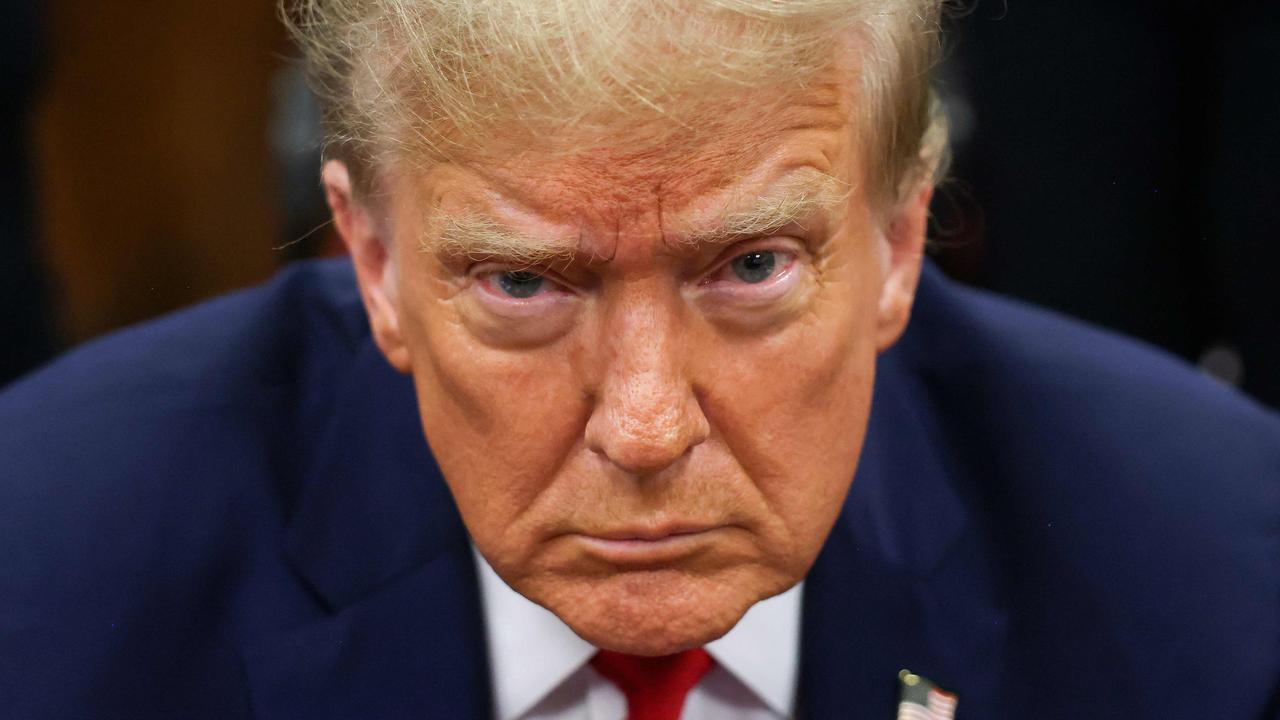
This article is more than
1 year old
A judge in the United States has sensationally dismissed the criminal case against former president Donald Trump for allegedly stealing sensitive government documents and storing them, illegally, at his Mar-a-Lago resort.
US District Judge Aileen Cannon, who was appointed by Mr Trump in 2020, issued the ruling on Monday morning, local time, after a petition from the former president’s legal team to have the charges against him dropped.
Judge Cannon said the appointment of a special counsel, Jack Smith, to oversee the case had violated the Appointments Clause of the US Constitution.
“Is there a statute in the United States Code that authorises the appointment of Special Counsel Smith to conduct this prosecution? After careful study of this seminal issue, the answer is no,” she said.
“The bottom line is this: the Appointments Clause is a critical constitutional restriction stemming from the separation of powers, and it gives to Congress a considered role in determining the propriety of vesting appointment power.”
Judge Cannon said the government had “usurped” that “important legislative authority”.

The ruling came as something of a surprise, given the same issue has been litigated in previous cases and, in those cases, the appointment of other special counsels, under the same process, was found to have been legal.
There is no law on America’s books that establishes the role of a special counsel; instead, they are appointed by the nation’s attorney-general – Mr Smith was handed the role by the current Attorney-General, Merrick Garland.
Mr Trump’s team argued before Judge Cannon that the special counsel role should be established by law, and individual appointments should be confirmed by Congress. The judge ultimately agreed.Her decision was released less than 48 hours after the attempted assassination of Mr Trump at a political rally in Pennsylvania.
Prosecutors are expected to appeal, which could ultimately see the issue come before the US Supreme Court.
What the case involved
The classified documents case, as it came to be known, was widely seen as the most perilous of Mr Trump’s various criminal indictments.
Prosecutors allege that, when he left the White House at the end of his first term in 2021, Mr Trump took boxes full of sensitive documents, some of them highly classified, to his personal residence at Mar-a-Lago, in Florida, where they were not stored securely.
According to prosecutors, the documents in question were the government’s property, not his, and should have been stored at a secure facility. Instead, they were allegedly kept in various rooms at the resort, including a bathroom, the basement and Mr Trump’s office.
Some documents also ended up at his golf club in Bedminster, New Jersey, where he was recorded showing them off to guests.
The FBI raided Mar-a-Lago in August of 2022, and allegedly found boxes full of sensitive documents, some of which bore markings indicating they were highly classified.

Mr Trump was later charged with 31 counts of wilful retention of national defence information, and one count each of conspiracy to obstruct justice, withholding a document or record, corruptly concealing a document or record, concealing a document in a federal investigation, scheme to conceal, and false statements and representations.
The indictment, now dismissed by Judge Cannon, alleged that Mr Trump failed to return the documents when repeatedly asked, showed some of them to people who lacked the necessary security clearances, defied a subpoena, and lied to investigators, falsely claiming he had in fact returned all the relevant material when documents remained in his possession.
More to come.